Download this free infographic on telemarketing and telemedicine for tips if you’re providing telehealth services.
Continue readingThe Top 5 Legal Concerns When Developing a Healthcare App
 By: Steven Boyne
By: Steven Boyne
Today no one can live without a smart phone, and we interact with the rest of the world through a series of apps that reside on our handheld devices. From the healthcare perspective many large healthcare institutions and private companies have developed a myriad of healthcare related apps that currently reside in Apple’s App Store and Googles Play Store. You can measure your heart rate, get clinical advice, view your records, check on your health insurance coverage, make appointments and virtually interact with many different types of healthcare providers. But even in today’s hyper-electronic society it took COVID-19 to really cause an explosion in telehealth, so what does that tell us? There is a lot more room for expanding electronic interactions with patients and clients through Apps. So, here are the top five legal concerns should you address when you develop a Healthcare App:Continue reading
Avoiding HIPAA Violations During COVID-19
 By: Steven Boyne
By: Steven Boyne
The COVID-19 virus has and will probably continue to change the way healthcare providers and business associates interact and help their patients. As many providers are aware, a HIPAA violation is a serious issue, and can cost a healthcare entity large amounts of time and money to respond to any regulatory investigation. Recognizing that the COVID-19 pandemic has strained every corner of the economy and is THE MOST IMPORTANT issue for almost every industry, the federal government has rolled back some HIPAA protections. It is unclear how long these rollbacks will last, and it is possible that some of them may be permanent, but for now healthcare providers and their business associates can take some comfort that they can focus on delivering care and not dealing with overly burdensome regulations and investigations. The major changes include:
- Telehealth. Changes include allowing physicians and other healthcare providers to offer telehealth services across State lines, so State licensing issues should not be a concern. Additionally, Providers are essentially free to choose almost any app to interact with their patients, even if it does not fully comply with the HIPAA rules. The HHS allows the provider to use their business judgment, but of course, such communications should NOT be public facing – which means DO NOT allow the public to watch or participate in the visit!
- Disclosures of Protected Health Information (PHI). A good faith disclosure of such information will not be prosecuted. Examples include allowing a provider or business associate to share PHI for such purposes as controlling the spread of COVID-19, providing COVID-19 care, and even notifying the media, even if the patient has not, or will not grant his or her permission.
- Business Associate Agreement (BAA). As most healthcare providers know, a BAA agreement between a provider and an entity that may have access to PHI is required by law. During the COVID-19 pandemic, the lack of a BAA is not an automatic violation.
Governor DeSantis Issues Executive Order 20-114 Extending State of Emergency
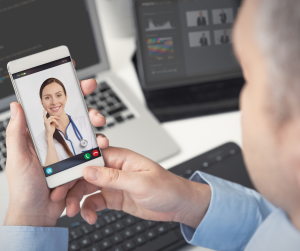 By: Susan St. John
By: Susan St. John
Earlier today, Governor DeSantis issued Executive Order 20-144 extending the State of Emergency declare in Executive Order 20-52 for another 60 days. Pursuant to the extension of Executive Order 20-52, the State Surgeon General’s Order 20-003 is also extended another 60 days as its expiration is tied to the expiration of Executive Order 20-52. Thus, telehealth providers from other states with valid and unencumbered licenses may continue to provide telehealth services to persons in Florida without registering with the Department of Health. Telehealth services must still be provided using two-way audio and video communications. Audio-only telephone calls are not permitted under Florida’s existing telehealth statute and have not been waived or suspended via the State Surgeon General’s Orders.Continue reading
Access to Care via Telehealth Increases Again in Second Round of Changes Due to COVID-19
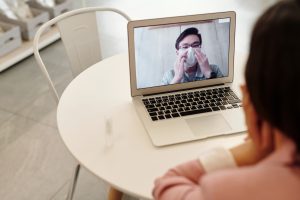 By: Susan St. John
By: Susan St. John
Access to telehealth for Medicare beneficiaries was further increased by the Trump Administration April 30, 2020. These new changes allows all health care professionals eligible to bill Medicare for services to provide services via telehealth communications and to bill the Medicare program for such services. Additionally, certain services may now be provided using audio technology only.
For a list of services eligible for reimbursement by the Medicare Program, including services requiring audio technology only, download here. There are approximately 180 different codes reimbursable by Medicare if provided via telehealth communications.
Telehealth/Telemedicine extends until May 8, 2020 in Florida
 By: Susan St. John
By: Susan St. John
Breaking News: The State Surgeon General issued Emergency Order 20-004 at approximately 6:01 p.m. on April 15, 2020. Emergency Order 20-004 extends all the provisions of Emergency Order 20-002 until May 8, 2020, unless further extended. Thus, certain practitioners licensed in other states may provide telehealth services to persons in Florida without having to register with the Department of Health. Also, Emergency Order 20-003, issued March 21, 2020, named additional clinical practitioners licensed in other states that may provide telehealth services to persons in Florida. The following professionals that hold an active, valid, and unencumbered license in another state, that are not under investigation or current discipline, and have not had their license revoked in any jurisdiction, may provide telehealth services in Florida:Continue reading
Webinar | Virtual Practice Workshop: Turning Challenges into Opportunities
 Hosted by Candela and Crystal Clear Digital Marketing, Florida Healthcare Law Firm attorney Chase Howard will be a panelist.
Hosted by Candela and Crystal Clear Digital Marketing, Florida Healthcare Law Firm attorney Chase Howard will be a panelist.April 21 @ 2:00 pm – 4:00 pm
- Download the webinar here.
- Past webinars – free downloads
What Can Dentists Do during the Covid-19 Pandemic?
 By: Chase Howard
By: Chase Howard
Like most medical practices and businesses in Florida, dental practices have been deemed non-essential except for emergency type services. For good reason, non-life threatening care, surgeries and services are put on hold to help curb the spread of COVID-19, which has left providers with the question of what they can do to maintain and treat patients remotely.
Recently, the American Dental Association (ADA) provided helpful guidance on the difference between emergency and nonemergency care, as well as the use of teledentistry.
Teledentistry is the use of a telehealth system through a variety of different technologies to deliver virtual health services, including dentistry.
Telehealth includes live video (synchronous), store and forward (asynchronous), remote monitoring, and mobile health. Live video is a live, two-way transmission of audiovisual telecommunications. Store and forward is a recorded file of the patient’s health information. Remote monitoring allows a provider to track patient health data through the use of devices which transmit data to a portal which the provider can securely access. Mobile health is the use of personal devices to share health information and education.
The ADA has echoed local governments calls to alleviate the pressure on emergency services by having healthcare professionals postpone all elective services and non-emergency care. The ADA put forth guidance to help individuals and dentists determine what constitutes a dental emergency, which includes issues that are potentially life threatening and require immediate treatment. Immediate treatment would include stopping bleeding or treating severe pain, infections, or conditions. A more complete guide can be found here.Continue reading
CMS Rolls Out a General Provider Telehealth and Telemedicine Tool Kit
 By: Susan St. John
By: Susan St. John
CMS has rolled out a telehealth/telemedicine tool kit to assist medical professionals with health care delivery during the current COVID-19 public health emergency.
The toolkit contains information and links concerning:
- 1135 Waivers – allows the Secretary of HHS to temporarily waive or modify certain Medicare, Medicaid, and Children’s Health Insurance Program (CHIP) requirements to ensure sufficient health care services and items are available to meet the needs of individuals enrolled in Social Security Act programs during the emergency and that providers who provide services in good faith can be reimbursed and exempted from sanctions (provided there is no determination of fraud and abuse). 1135 waiver or modifications include:
- Conditions of participation and other certification requirements;
- Program participation and similar requirements;
- Preapproval requirements;
- State licensing requirements where services are rendered as long as the provider has equivalent licensing in another State (for Medicare, Medicaid, CHIP reimbursement only; State licensing still controls whether a non-Federal provider may provide services in a state he/she is not licensed in);
- EMTALA sanctions for redirection for medical screening, as long as redirection is not the result of discrimination on the basis of a patient’s source of payment or ability to pay;
- Stark self-referral sanctions;
- Adjustment (not waiver) to performance deadlines and timetables;
- Limitations on payment to permit Medicare enrollees to use out of network providers in an emergency situation.
A Telehealth Break for Medicare Patients and Providers
Up until now, Medicare has been fairly structured in how telehealth services are reimbursed. Medicare would pay for telehealth services only if certain, very narrow criteria were met. These rules covered the patient, the patient’s location, the provider, the types of services rendered, the telehealth equipment used and the way the services are coded. Those rules can now be relaxed under recent federal legislation.
On March 6, 2020, President Trump signed the Coronavirus Preparedness and Response Supplemental Appropriations Act of 2020 into law. That law relaxes the current Medicare criteria, in order to expand the use of telehealth as a resource against COVID-19. Pursuant to this law, the Secretary of HHS has the authority to waive the “site” requirements for telehealth services provided to Medicare beneficiaries who are located in an identified “Emergency Area” during an “Emergency Period.” Since the whole country is currently is experiencing a public health emergency, as declared by both the President and the Secretary of HHS, the Emergency Period and Emergency Area requirements are met on a nation-wide basis.

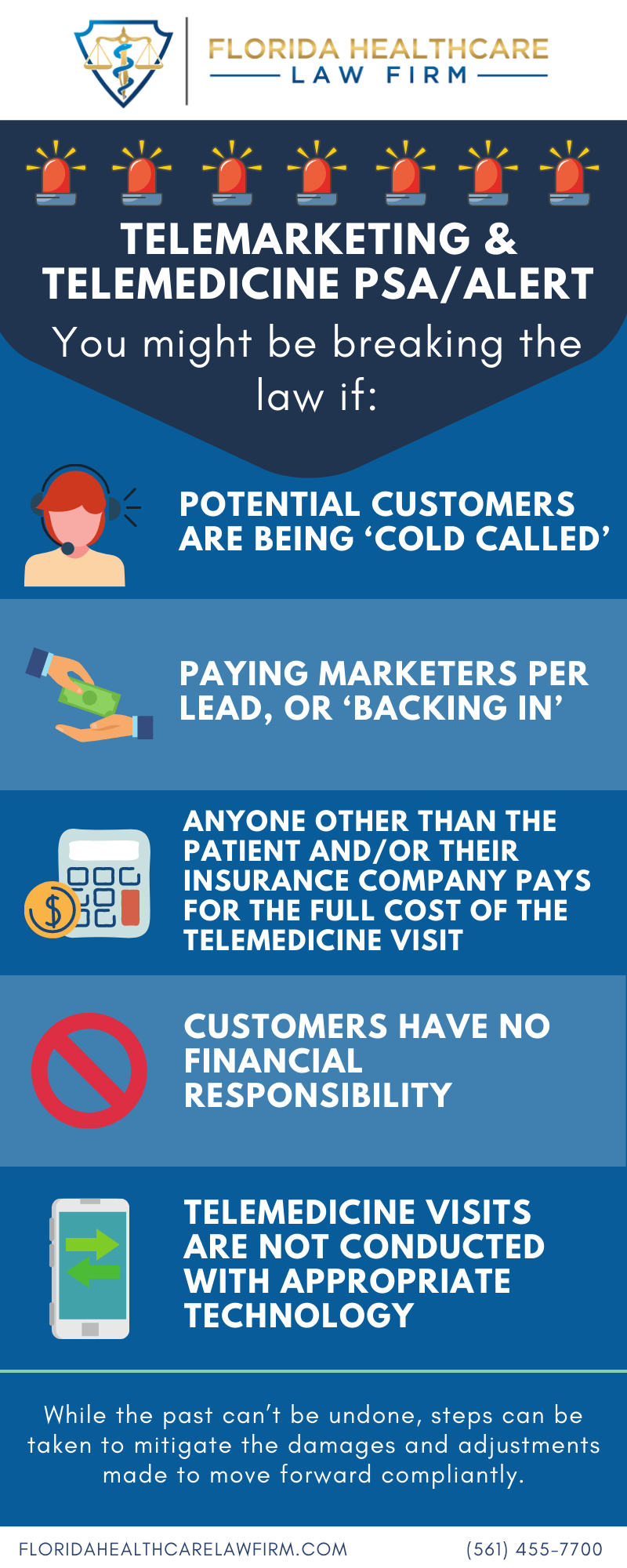

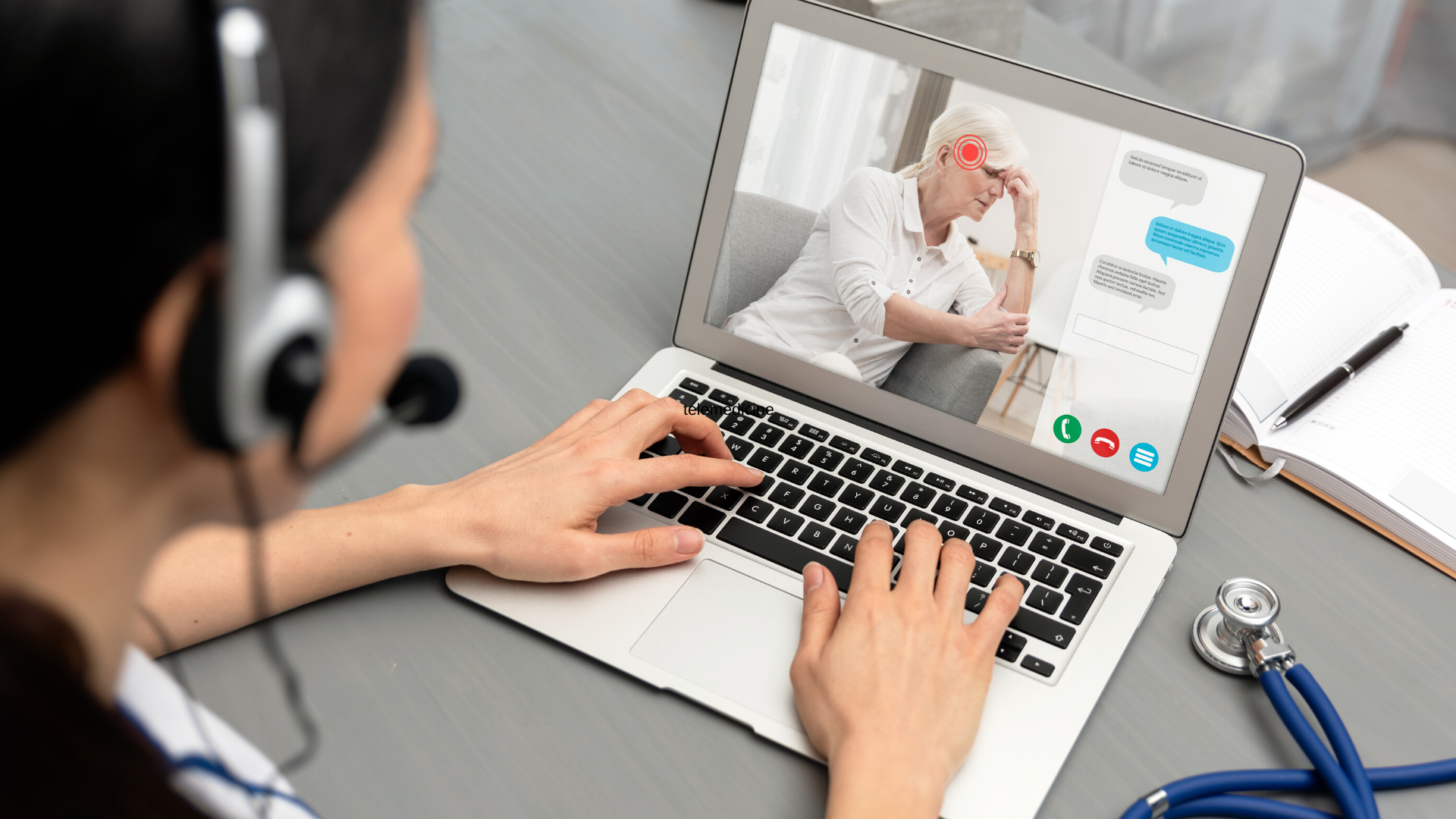

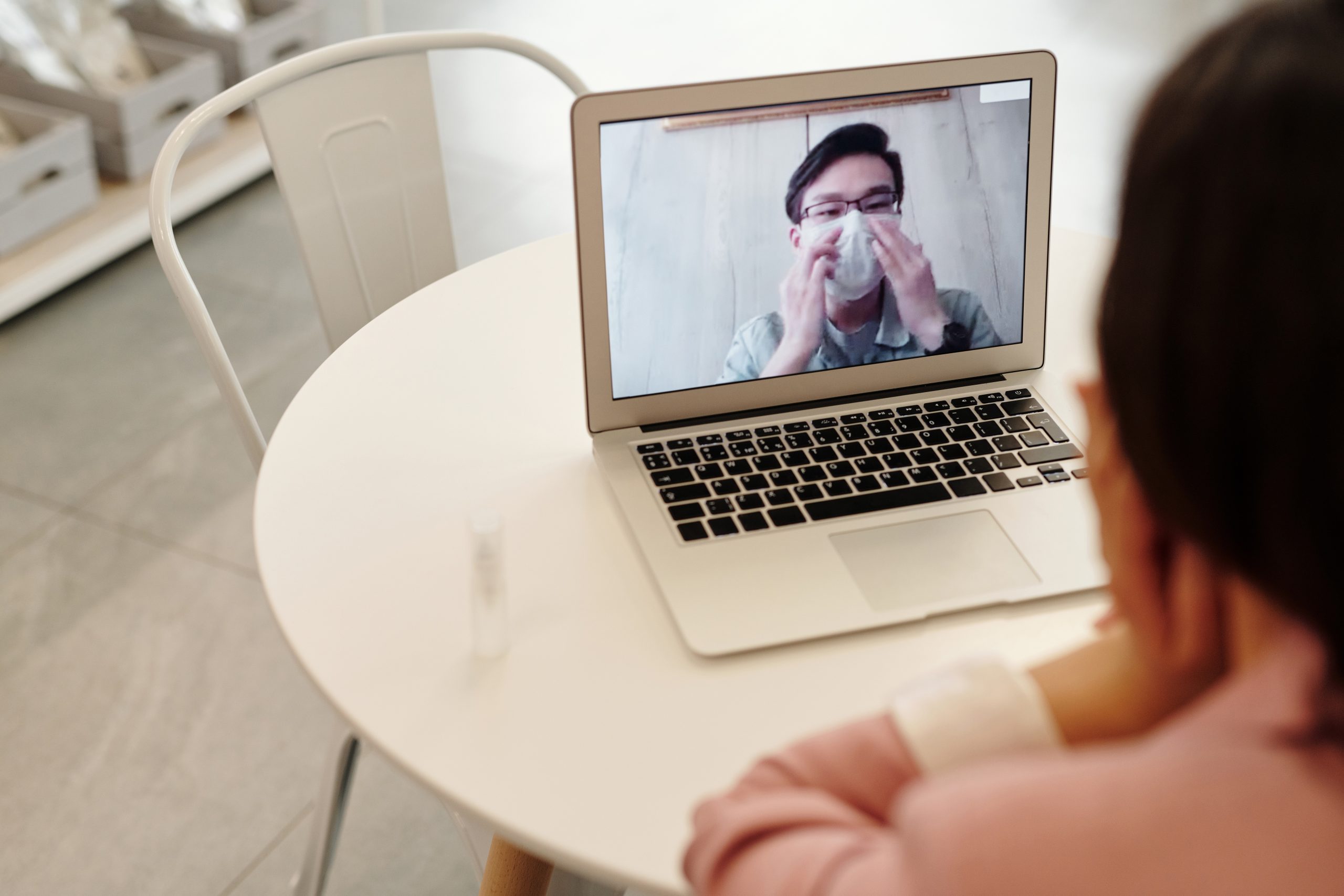

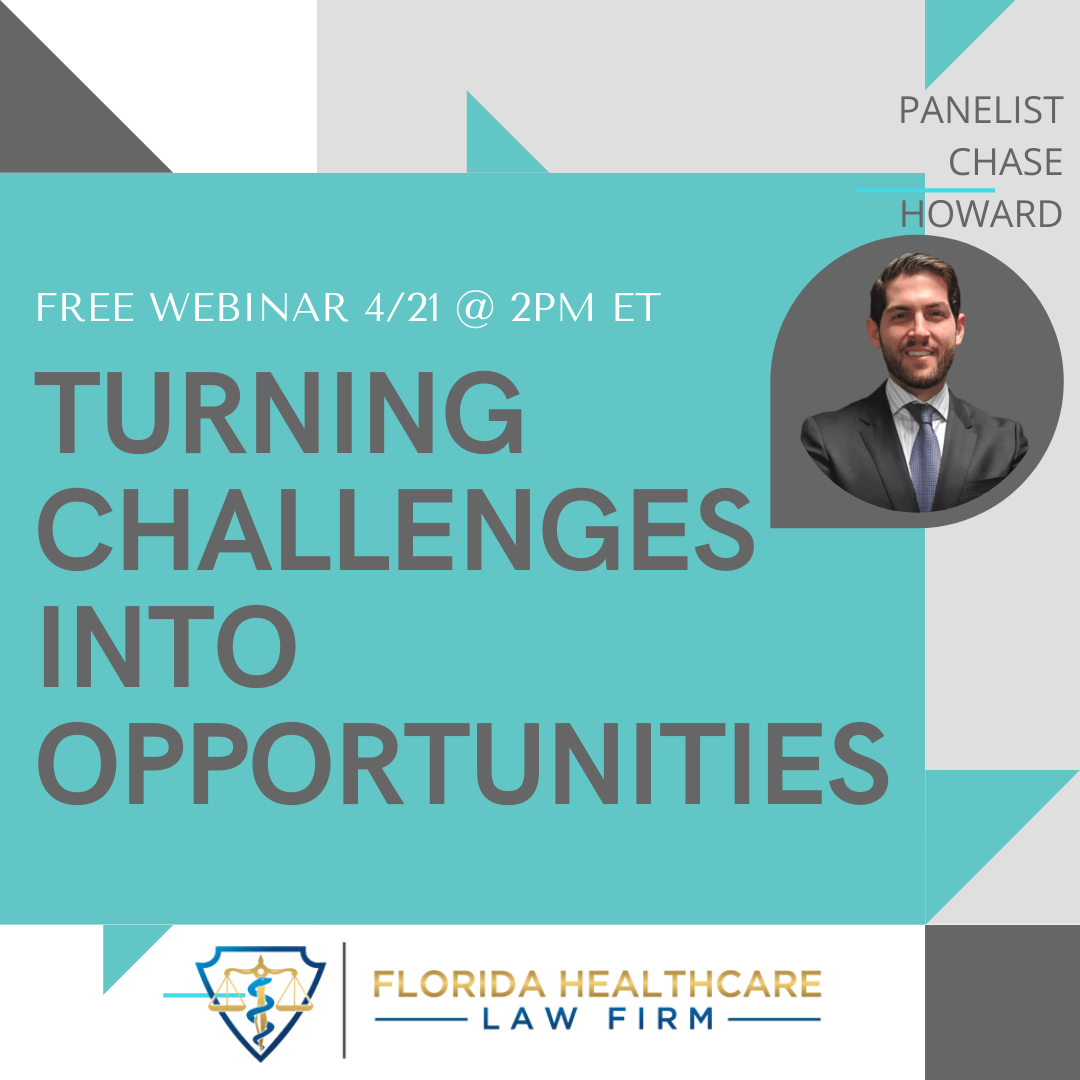
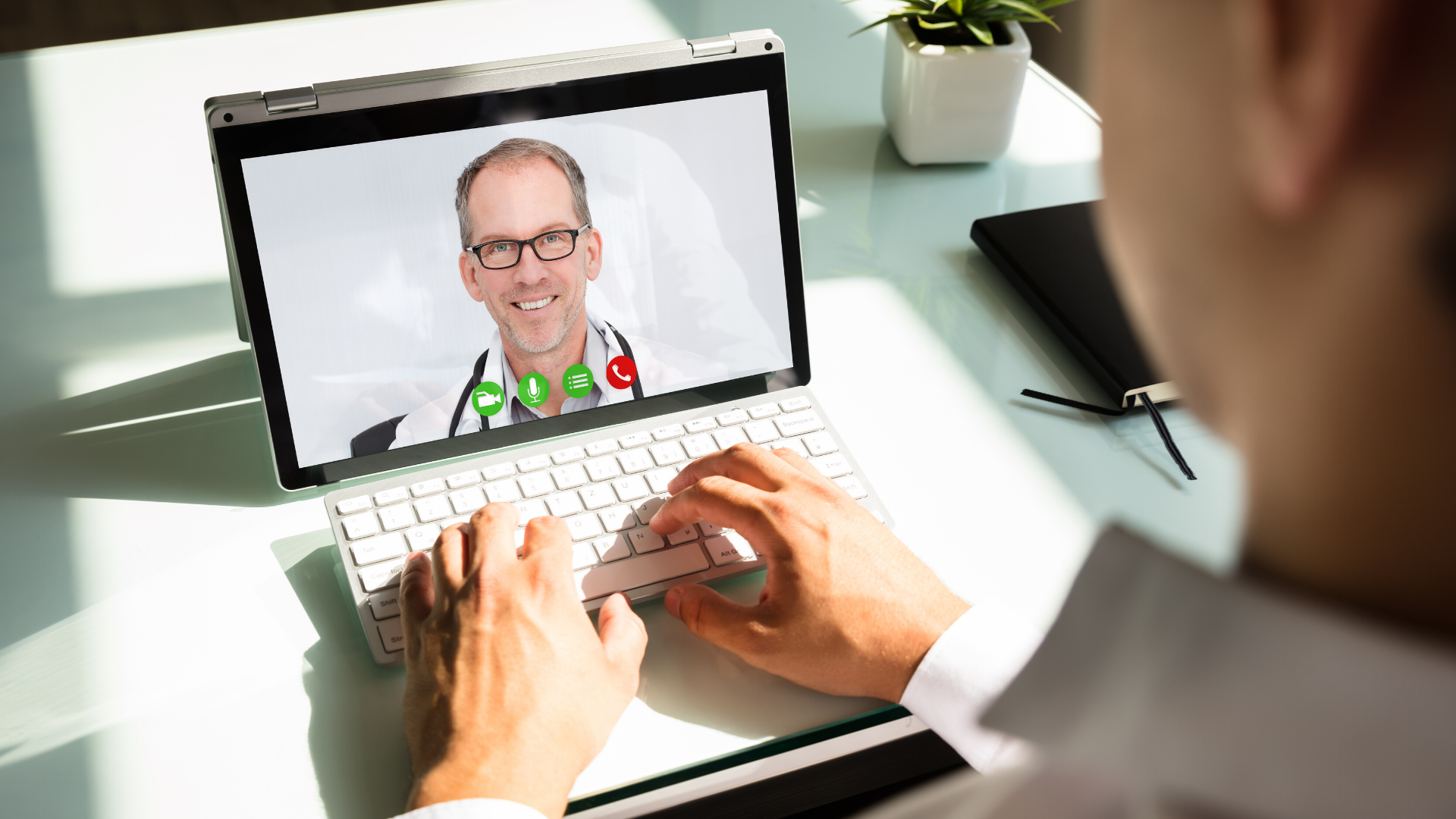
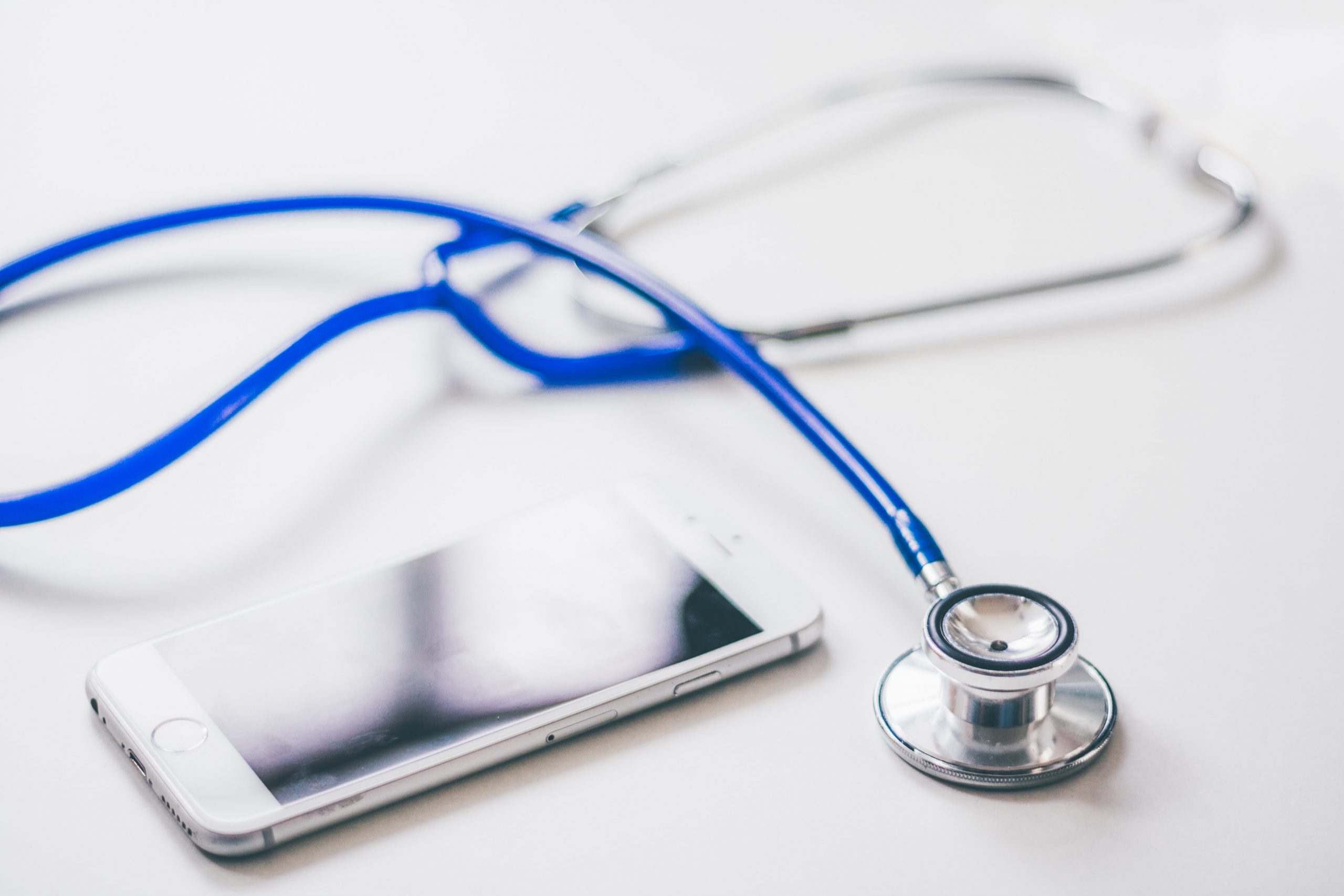
 By:
By: